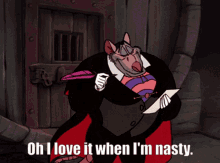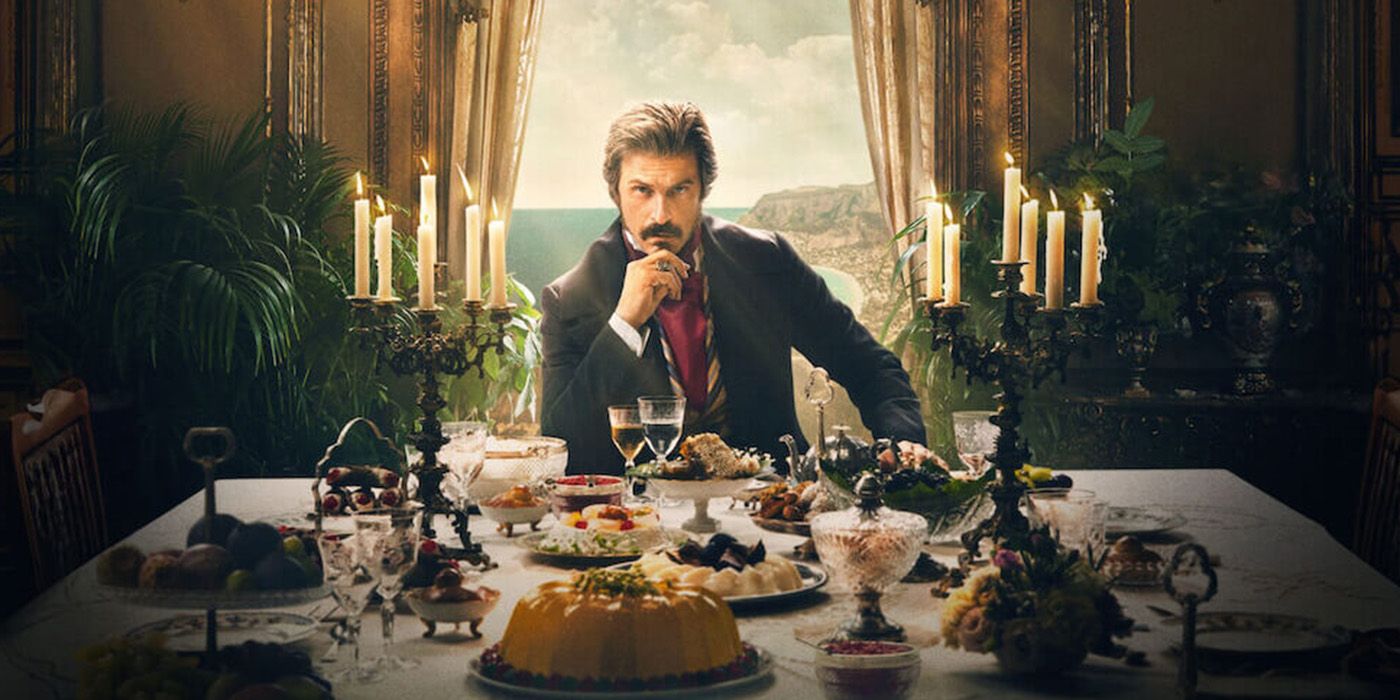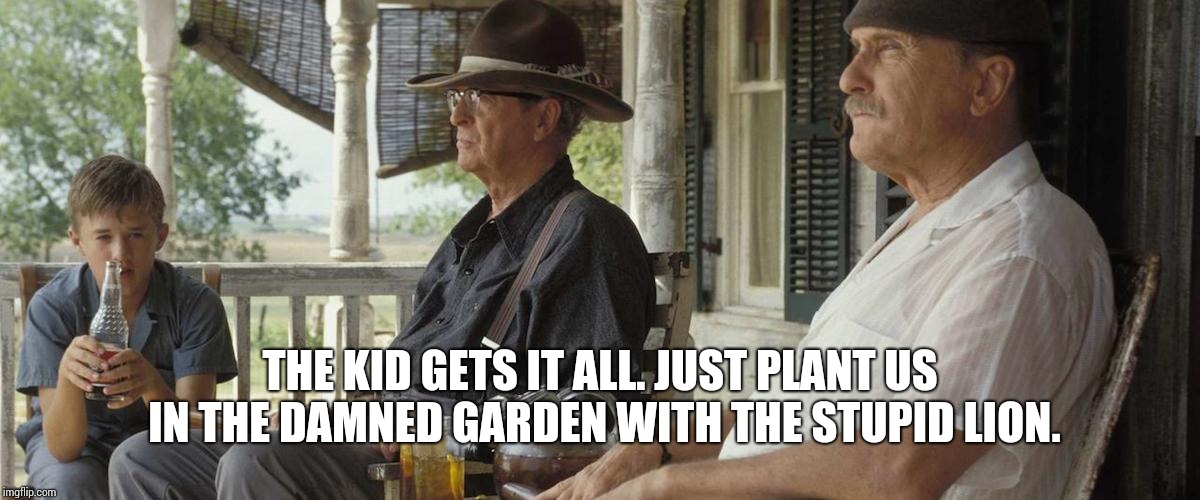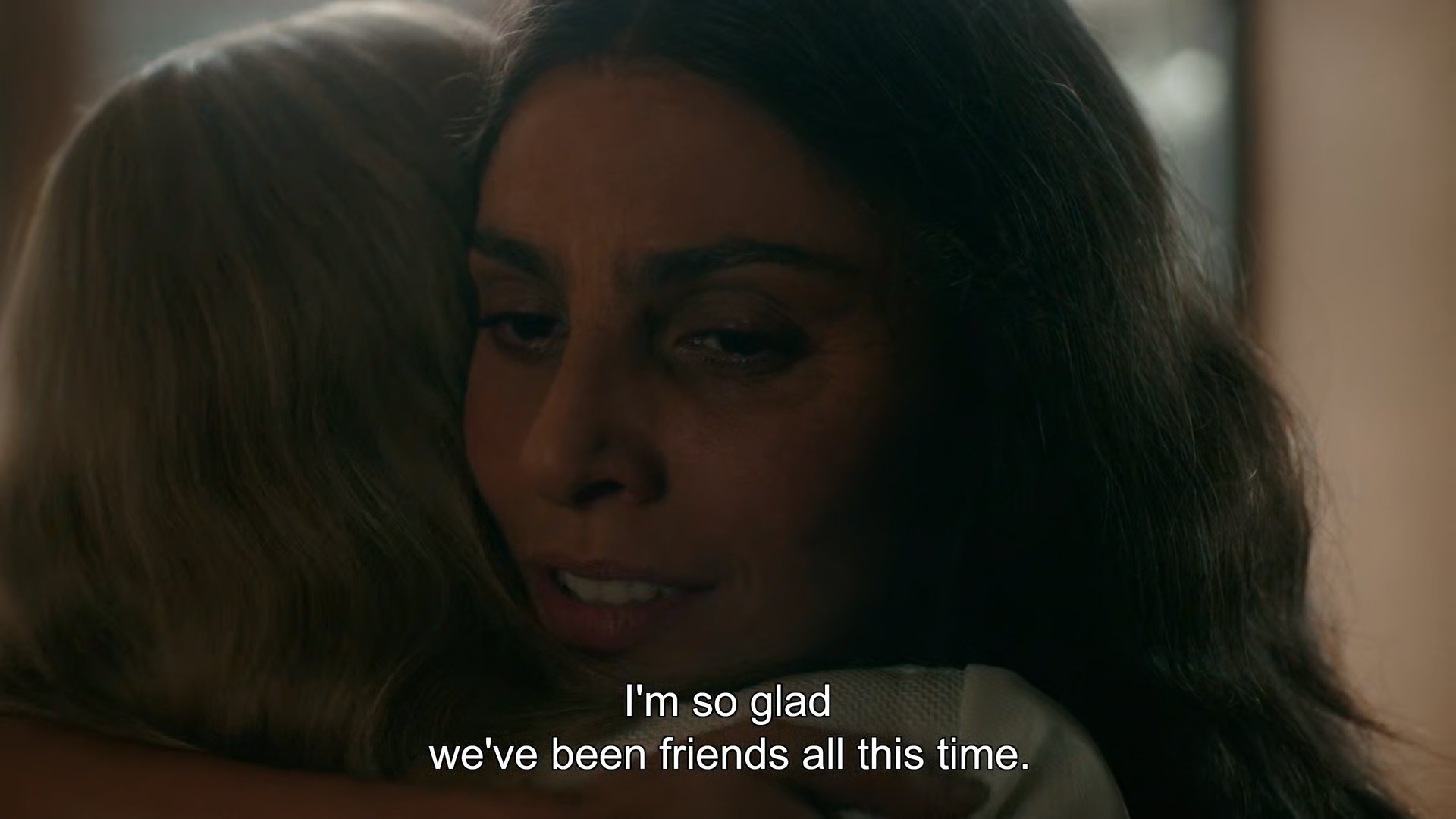The 1980's are commonly referred to as Walt Disney Studios' 'dark age'. In the years between the death of its founder in 1966 and its 'renaissance' in the 1990's the studio nearly lost its status as an animation juggernaut amidst a series of lackluster films and even disappointing box office returns. Even in its darkest moments, however, the studio managed to maintain some of its original spark and release a few precious diamonds amidst its rougher output. One such film is the 1986 mystery The Great Mouse Detective. The film cleverly parodies the classic Sherlock Holmes novels and introduced the genius detective to a new generation. For a mystery that will keep the whole family guessing follow the case of The Great Mouse Detective.
The story begins in Victorian-era London as young mouse Olivia Flaversham is celebrating her birthday with her widowed father, toymaker Mr. Flaversham. In the midst of their festivities a vicious bat breaks into their apartment and kidnaps Mr. Flaversham. Olivia narrowly escapes and seeks out the help of Basil of Baker Street, the famous great mouse detective. Basil realizes that the bat who kidnapped Mr. Flaversham was Fidget, the henchman of his arch-nemesis, Professor Rattigan. The unlikely duo enlist the aid of surgeon Dr. Dawson and Toby the pet basset hound of none other than Sherlock Holmes himself. Together, the ragtag sleuths discover that Professor Rattigan is forcing Mr. Flaversham to create a robot replica of the Queen of England as part of his plan to launch a political coup. Its up to Basil and his unlikely allies to stop the plot and save both Mr. Flaversham and the queen before its too late.
Upon its initial release The Great Mouse Detective was deemed a middling effort at best. The film was considered too much of a deviation from Disney's standard formula for contemporary audiences. Yet it is this very break with studio tradition that has earned the film a devoted following today. The film breaks with Disney's tried and true fairytale formula to instead relate a decidedly darker tale that appeals to a wider audience. All too often the perfect princesses and noble heroes of Disney's fairytales are admirable but not relatable. Rather than these idealized archetypes The Great Mouse Detective follows a diverse cast of decent but entirely human characters in the face of insurmountable odds. Basil in particular might surprisingly be the most realistic and relatable protagonist in the studio's history. Much like his literary counterpart, Basil allows his singlemindedness and success cloud his judgment. While such traits might make a character unlikeable it is these very flaws that ensure Basil is not an infallible, unattainable, genius. Similarly, he also begins the film with a decided lack of empathy, which makes his growing bond with Olivia and Dawson all the more impactful. The film also sets itself apart through its incorporation of darker themes. For example, the film begins with an all too real crime in the form of Mr. Flaversham's kidnapping. Rather than being jarring, however, this opening aptly serves to set the tone for all that follows. Similarly, the villains' plot is not some wacky scheme to take over the world, but instead a plot to stage a political coup. One look at a history book will remind viewers of just how surpringly realistic Rattigan's seemingly fantastic plot actually is. Even at its most serious, however, the film still manages to make room for plenty of dark, dry, wit that will appeal to parents and children alike. Solve the mystery of masterful storytelling with Basil, The Great Mouse Detective.
Blending high-flying adventure with classic mystery The Great Mouse Detective might be one of the greatest adaptations of Sherlock Holmes. The script balances comic hijinks, action, and mystery to expert effect. The voice performances bring the cast of colorful characters to vibrant life. Its no mystery why The Great Mouse Detective has become a cult classic.

















